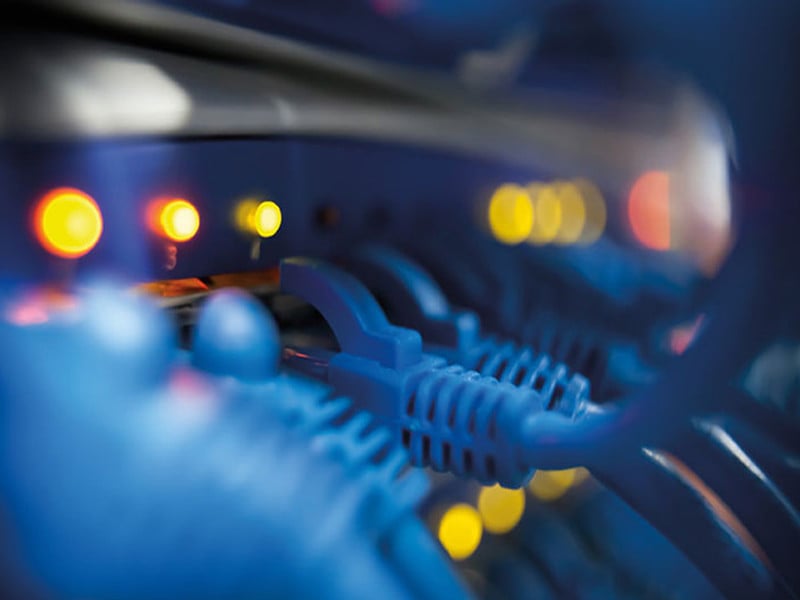
The country's telecom regulator has finally admitted to installing a National Firewall System (NFS) to manage social media content but insists that recent internet service disruptions are due to a fault in the submarine cable.
Pakistan Telecommunication Authority (PTA) Chairman Major General (retired) Hafeez Ur Rehman appeared before the National Assembly Standing Committee on IT and Telecom on Wednesday amid rising concerns over persistent internet disruptions in Pakistan.
Responding to the committee's queries, Rehman acknowledged that an NFS had been installed as part of a government decision from the PTI era. However, he attributed the recent disruptions to a fault in the submarine communication cablea cable laid on the seabed between land-based stations to carry telecommunication signals across stretches of ocean and sea.
"We have received a letter stating that the fault will be cleared by August 27," he added.
When asked about the losses caused by these disruptions, he stated that the telecom sector incurred a loss of Rs300 million, excluding the undocumented losses in the IT sector.
The PTA chairman said the firewall is being upgraded for the third time in the country, with approval granted in October 2020 during the PTI's rule. However, due to financial issues, the project was not undertaken at that time.
Committee members expressed concerns about the national firewall, which is being installed as part of an aggressive web management strategy to control social media content.
PTI's Omar Ayub suggested that the firewall might be causing the internet slowdown, sparking a debate with other officials who insisted that the firewall had not yet been fully deployed and therefore was not responsible for the current disruptions.
The PTA chairman reassured the committee that the firewall's installation is in line with directives from the federal cabinet to control social media and enhance national security.
Ayub questioned the potential impact of such a system on digital freedom in the country, stressing that any actions taken should be transparent and accountable to parliament.
The meeting also addressed concerns about the potential for government agencies to intercept private communications, with Omar Ayub questioning the extent of their capabilities.
The committee reiterated its opposition to any restrictions that might hinder progress and called for clarity on the impact of firewalls on citizens' lives.
The PTA chairman clarified that the web management system had been upgraded twice before, and the decision to upgrade it in March 2019 led to the introduction of the National Firewall System. He stated that the current government is continuing the previous administration's decisions and that the PTA is bound to implement cabinet directives.
During the meeting, a heated exchange occurred between Omar Ayub and PML-N member Zulfiqar Bhatti, with Bhatti accusing Ayub of blaming agencies for actions authorized by his own government. Ayub emphasized the importance of strengthening parliament, stating, "If parliament is strong, we are strong."
Members also noted that some areas have been without internet service for the last three years, and mobile signals remain weak in interior Sindh. The committee expressed dissatisfaction with the PTA's responses, questioning whether citizens in these areas are being treated equally.
The committee called for a detailed report on the damage caused by these internet issues and urged the PTA to improve its quality of service.
The PTA chairman responded that a quality-of-service mechanism is already in place and that companies are fined when service falls short. "The PTA conducts regular surveys, and each mobile operator is required to install 455 new towers annually to enhance coverage," he added.
Meanwhile, the PTA informed the Lahore High Court (LHC) that there have been four reasons for the recent internet service disruptions. It claimed that while the internet speed was affected by a fault in the submarine cable, a mistake by an internet company on July 31 also caused a reduction in speed.
The PTA noted that on August 15, a cyberattack occurred on Indian National Day, which further slowed down the internet. "The excessive use of VPNs also affects internet speed," it added. The LHC is currently hearing a petition filed against unannounced internet service disruptions.



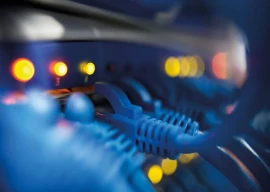



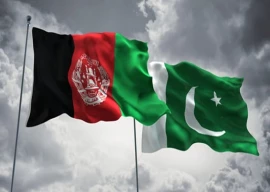
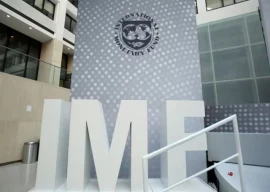

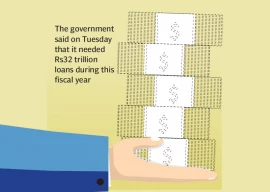








COMMENTS
Comments are moderated and generally will be posted if they are on-topic and not abusive.
For more information, please see our Comments FAQ